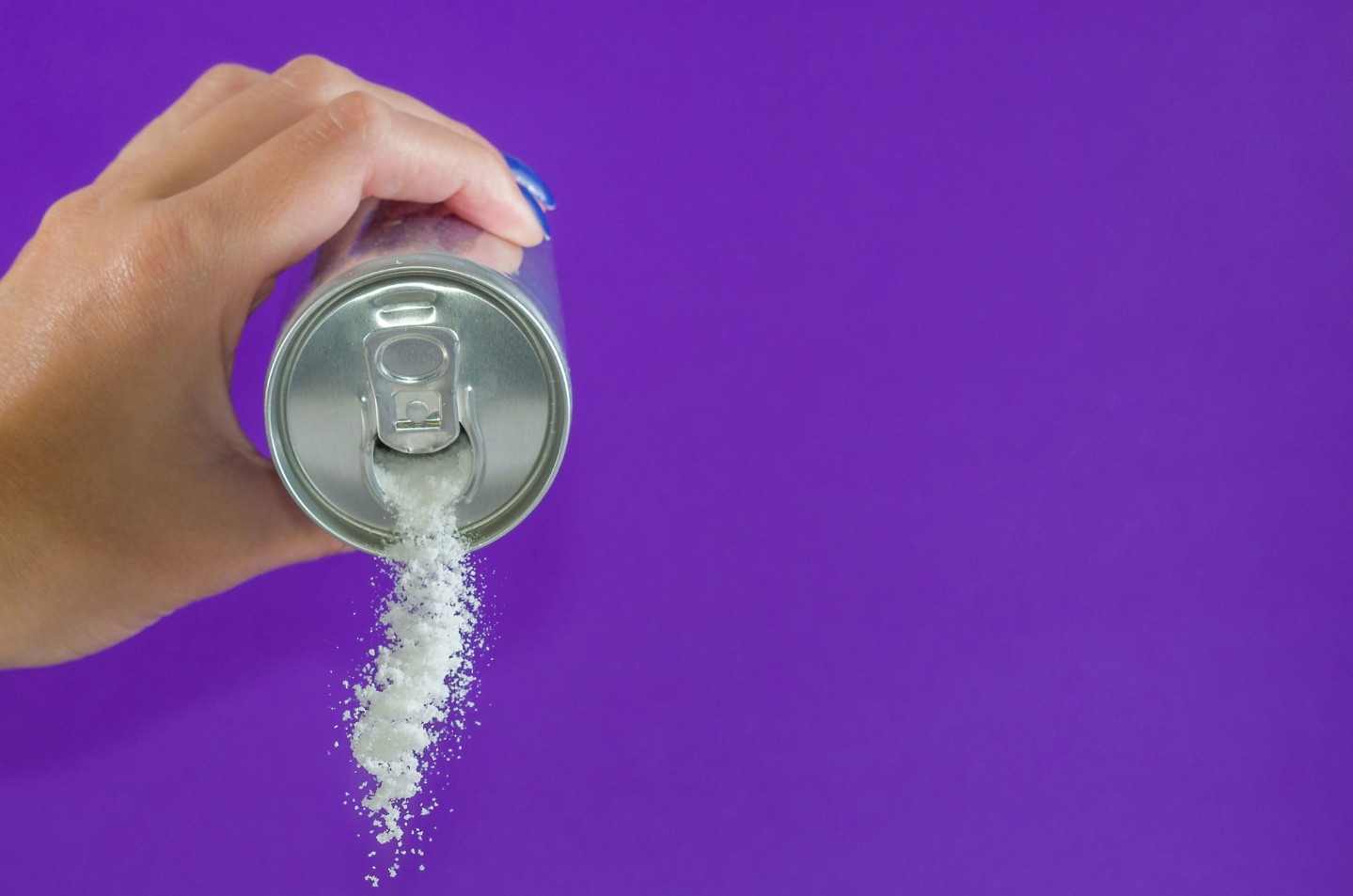There are fingers pointing every which way when it comes to the cause of obesity. There is new technology which allows us to do more without getting out of our seats, the high fructose corn syrup found in all sorts of food items, and fast food industry which spends unbelievable amounts of time and money on advertising their foods and building locations at every corner: all topics which have received some sort of criticism for the obesity epidemic.
One of the latest concerns is the number of calories we consume from sugary beverages. Whether it’s the giant soda we grab at the gas station, the juice that usually comes with the statement “it comes from fruit so it must be healthy!”, or the decadent flavored latte we grab from the coffee house for an afternoon pick-me-up, high sugar beverages definitely add to the daily calorie load. Not to mention, they can go down pretty quickly without providing any satisfaction to hunger. Would we really help our country’s health and current weight predicament if these beverages weren’t around?
A research team in Stanford asked a similar question. They looked at data from people who participated in the Supplemental Nutrition Assistance Program, also known as SNAP. SNAP provides financial support to low-income families by providing a certain amount of money that those families can use to purchase food. The Stanford team analyzed SNAP participants’ average spending (which in 2012 was estimated at $2 billion) and consumption of sugar-sweetened beverages as well as the number of fruits and vegetables eaten each day. They then estimated how that would change if SNAP dollars couldn’t be spent on sugar-sweetened beverages, and if each family was reimbursed 30 cents for each dollar they spent on fruits and vegetables.
What they discovered was impressive. Removing sugar-sweetened beverages from the list of items that can be bought with SNAP benefits, the team estimated that the average person would decrease the daily calorie consumption by 0.6% or 11.4 calories per day. Doesn’t sound like much? It does when you think about it in terms of the current obesity rate. Over 10 years, this calorie decrease could mean 422,000 fewer SNAP participants who are obese and 240,000 fewer participants who have type 2 diabetes. Talk about a reduction in health care spending and improved quality of life!
The reimbursement for purchasing fruits and vegetables didn’t predict any decrease in current obesity rates, but it was estimated to double the proportion of SNAP participants who met the recommendation for daily fruit and vegetable intake. We all know how important it is to get our fruits and vegetables in, and maybe if we were all encouraged to eat a little more of them each day, we would be less likely to snack out of that bag of chips calling us from the cupboard.
So if we believe this research team from Stanford it sounds like an obvious solution, right? Many people don’t think it is. Should the government be allowed to tell people what they can and can’t buy from the store? When does government input go too far? Some people say they have the right to buy the foods they want, while others say that the tax-funded program should be allowed to have some stipulations. It’s been working for WIC, the Women, Infant, and Children program, for years. The participants of that program can use their benefits on things like whole grains, milk, protein, and produce. Sounds like the basis of a healthy, balanced diet to me. A Tennessee Congressman agrees too and has proposed a bill to changes the regulations on what can be purchased with SNAP funds.
Will these changes really make a difference for everyone? Time will tell. Until then, think about the number of calories you drink each day. We typically don’t think about them in the same way we think about the calories we eat. I encourage you to substitute sugar-free flavored water for your soda, diluted fruit juice for your regular juice, and some sugar-free coffee creamer in home-made coffee instead of your pricey drive-through latte. Your scale and your wallet will thank you.




